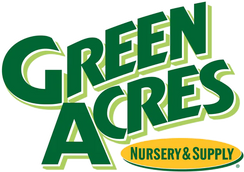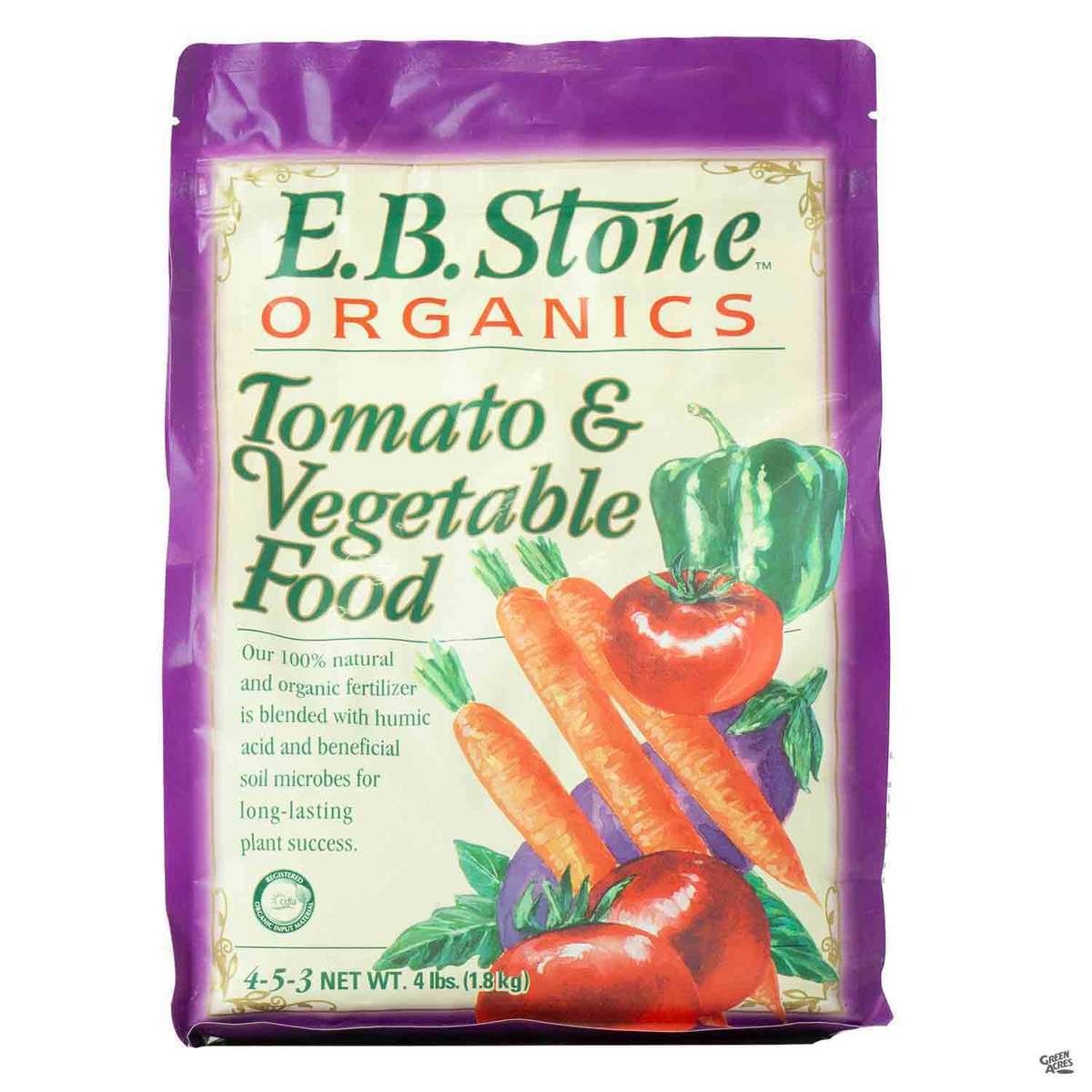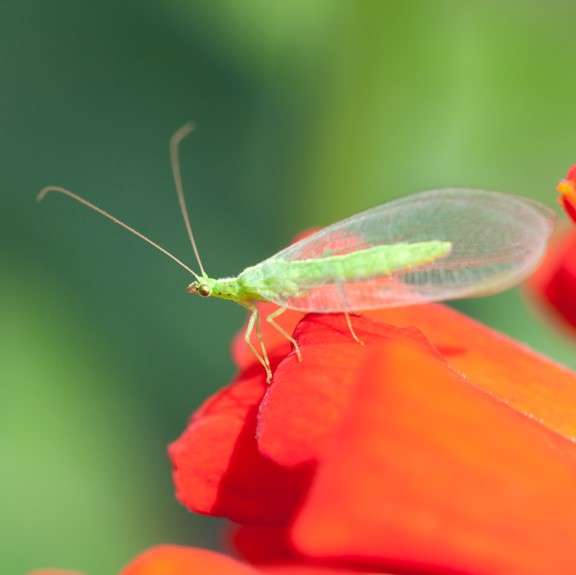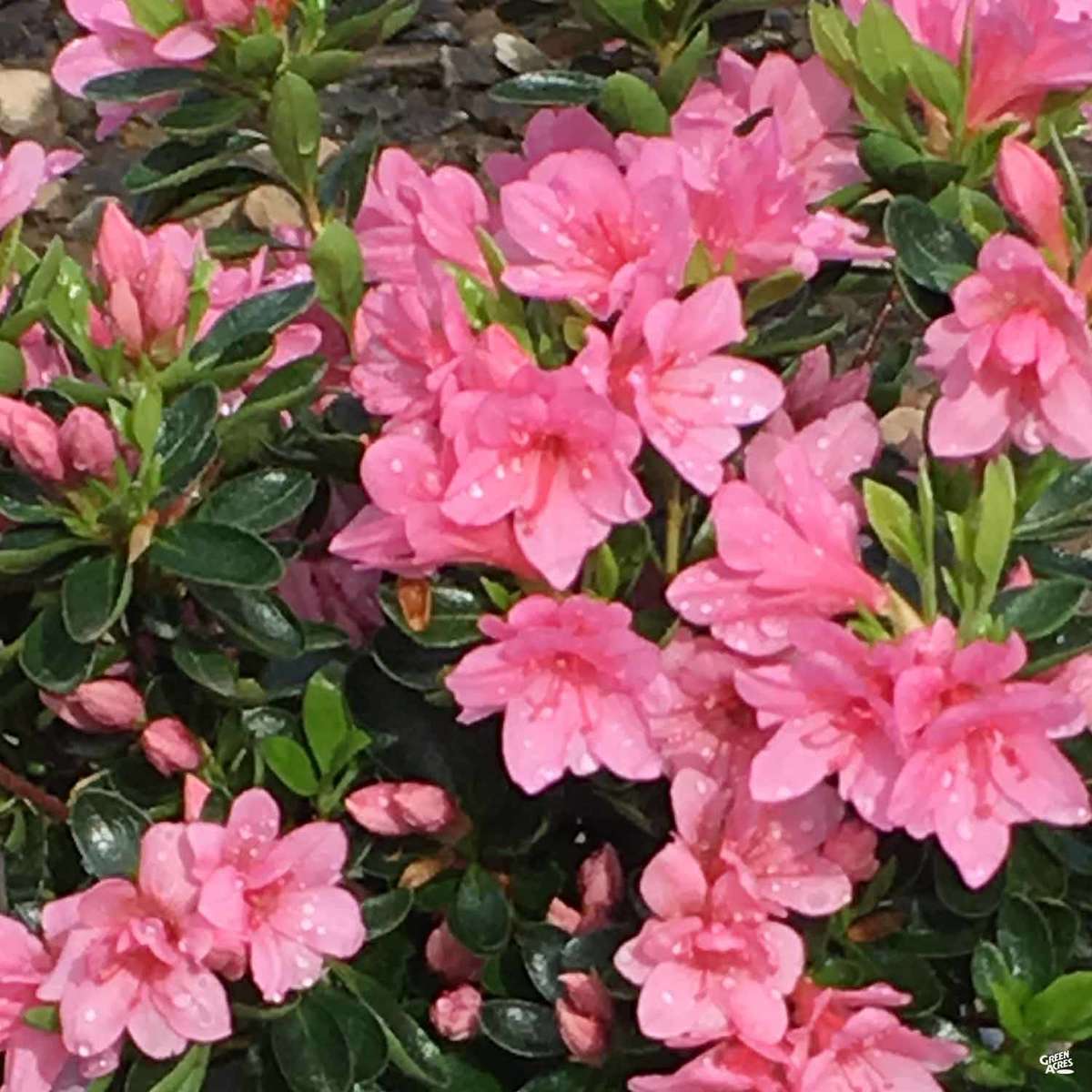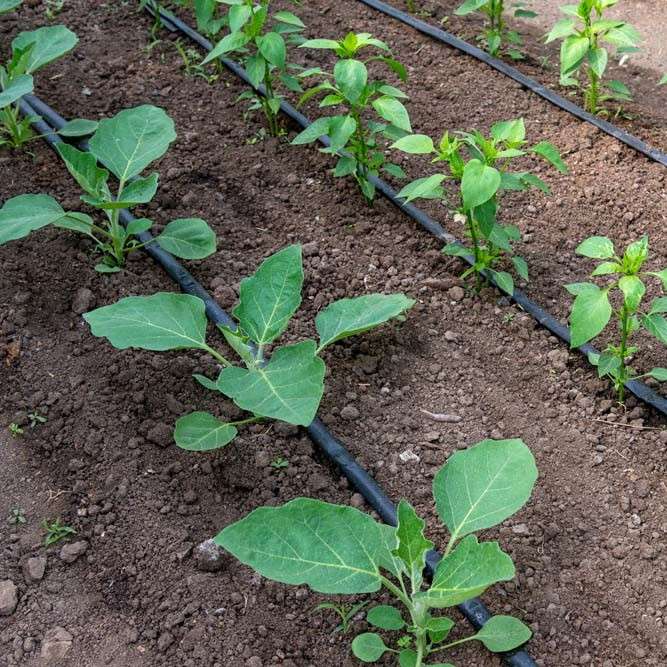
May Garden Tasks
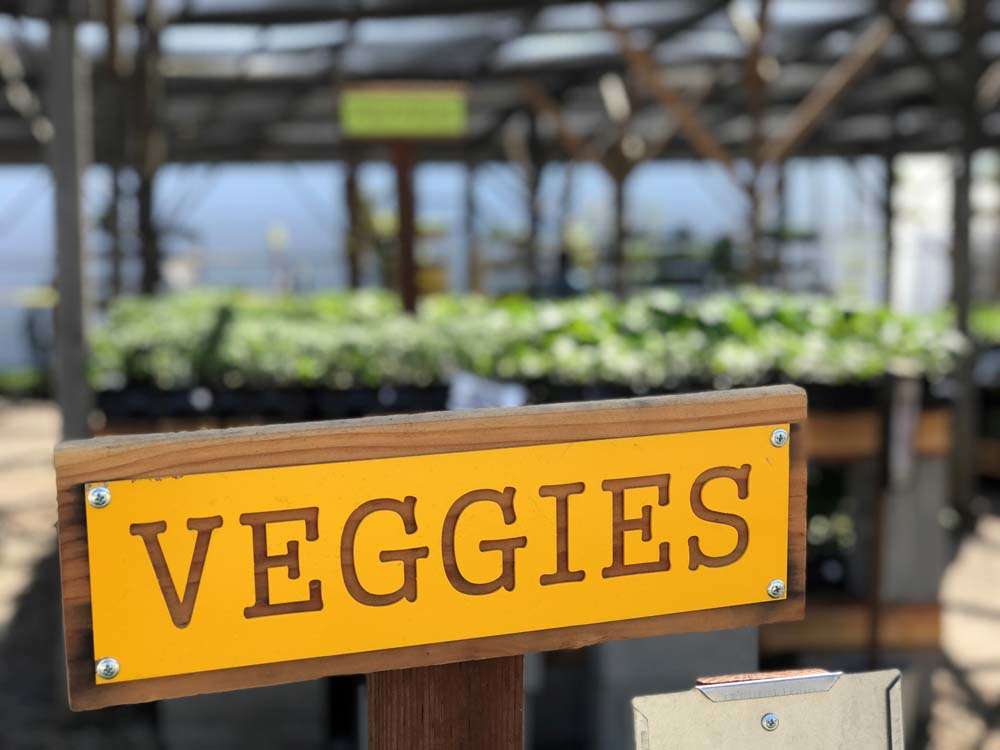
May Garden Tasks
For the month of May, we're focusing on edible gardens, beneficial insects, pruning to encourage blooms, and irrigation updates to prepare for the summer heat.
Our garden gurus are available in store or online to answer questions and help diagnose problems. Bring in a bagged sample or upload a photo and we will do our best to help resolve your pest or disease problem and recommend a solution.
Our garden gurus are available in store or online to answer questions and help diagnose problems. Bring in a bagged sample or upload a photo and we will do our best to help resolve your pest or disease problem and recommend a solution.
It's Time To Feed
The plants you brought home and planted earlier this spring have grown and could probably use a good feeding right about now. Plants need to be fertilized because most soil does not provide the essential nutrients required for optimum growth. Even if you are able to start with great garden soil, as your plants grow, they absorb nutrients and leave the soil less fertile. A proper balance of nutrients is crucial to plant health. Organic fertilizers, such as E.B. Stone™ Organics are always preferred—they encourage stable growth over the long term. Synthetic fertilizers cause plants to use more water by pushing a lot of immediate, water-thirsty growth.
E.B. Stone™ Organics Family of Fertilizers
A family of organic fertilizers that won't burn, and provides steady nutrition for roots, foliage, flowers, and fruit. Select from Sure Start, Citrus & Fruit Tree Food, Tomato & Vegetable Food, and many more.
Beneficial Insects To The Rescue
Beneficial insects such as nematodes, lacewings, ladybugs and praying mantids can be used to control pests in the garden.
- Ladybugs love aphids and will also take care of many other insects such as mites, scale, moth and beetle eggs, and thrips that cause damage to fruit trees, flowers, and veggie garden.
- Our nurseries also offer a combination of ladybugs with lacewings. Lacewings will devour mealybugs, psyllids, whiteflies and even small caterpillars.
- Adult praying mantids can control larger pests like caterpillars, earwigs, sow bugs, beetles, grasshoppers, and other large insects.
- Beneficial nematodes are microscopic worms that seek out and destroy pest insects (these are not the same as nematodes that harm plants) like flea larvae, gypsy moth larvae, cutworms, white grubs, fungus gnat larvae and many more. They are able to stop soil-dwelling pests before they cause damage.
Prune For More Blooms
Our garden gurus have been getting questions about pruning spring blooms. Should I prune? When? How much? The answers are maybe, after blooms are done, and lightly. Here are a few guidelines to help you make the most of your spring blooms and keep them coming back well into the summer season.
Lightly trimming back blooming shrubs like Azaleas and Rhododendrons once they finish flowering will encourage new growth, keep them from getting too spindly, and help set blooms for the next cycle. This also applies to shrubs such as Spirea, Forsythia, and Weigela. It is also important to fertilize with an all-purpose plant food after you prune because the new growth will require a lot of energy.
Some of our favorite perennials will also benefit from deadheading or a light trimming once blooms are done. These include Lavender, African Daisy, Blanket Flower, and Sage.
Still have questions? Stop in and talk to one of our garden gurus or reach out to Garden Solutions on our website.
Lightly trimming back blooming shrubs like Azaleas and Rhododendrons once they finish flowering will encourage new growth, keep them from getting too spindly, and help set blooms for the next cycle. This also applies to shrubs such as Spirea, Forsythia, and Weigela. It is also important to fertilize with an all-purpose plant food after you prune because the new growth will require a lot of energy.
Some of our favorite perennials will also benefit from deadheading or a light trimming once blooms are done. These include Lavender, African Daisy, Blanket Flower, and Sage.
Still have questions? Stop in and talk to one of our garden gurus or reach out to Garden Solutions on our website.
Irrigate For Efficiency
Irrigation efficiency is not only key to water conservation, it is also key to the health of your plants. Inefficient irrigation can cause plants to be stressed and is a common cause of plants succumbing to pests and disease. Be sure to water the depth of the root zone every time, and let the soil dry out a few inches below the surface before watering again.
Consider converting to drip irrigation for beds, and MP Rotator nozzles for lawns to direct water to where it needs to go. Drip irrigation applies water at the soil level, avoiding the diseases that can be a result of overhead application. MP Rotator nozzles allow for the slower application of water which ultimately allows you to water deeply and less frequently.
A Recap of May Garden Tasks
- Use an organic fertilizer in your veggie garden. Small and frequent doses keep plants happy.
- Plant warm-season crops like peppers, tomatoes, cucumbers, and much more. Don't forget herbs!
- Keep weeds suppressed and water retention high by adding a 3"-4" layer of mulch to your garden.
- Maintain a healthy harvest by thinning out fruit on fruit trees by at least 6" apart.
- Use beneficial insects such as nematodes, lacewings, ladybugs and praying mantids to control pests.
- Lightly trim back blooming shrubs like azaleas and rhododendrons once they finish flowering.
- Allow tomato plants to dry out moderately between waterings for better yield.
- Consider switching your sprinkler system to drip irrigation for targeted watering in your landscape.
